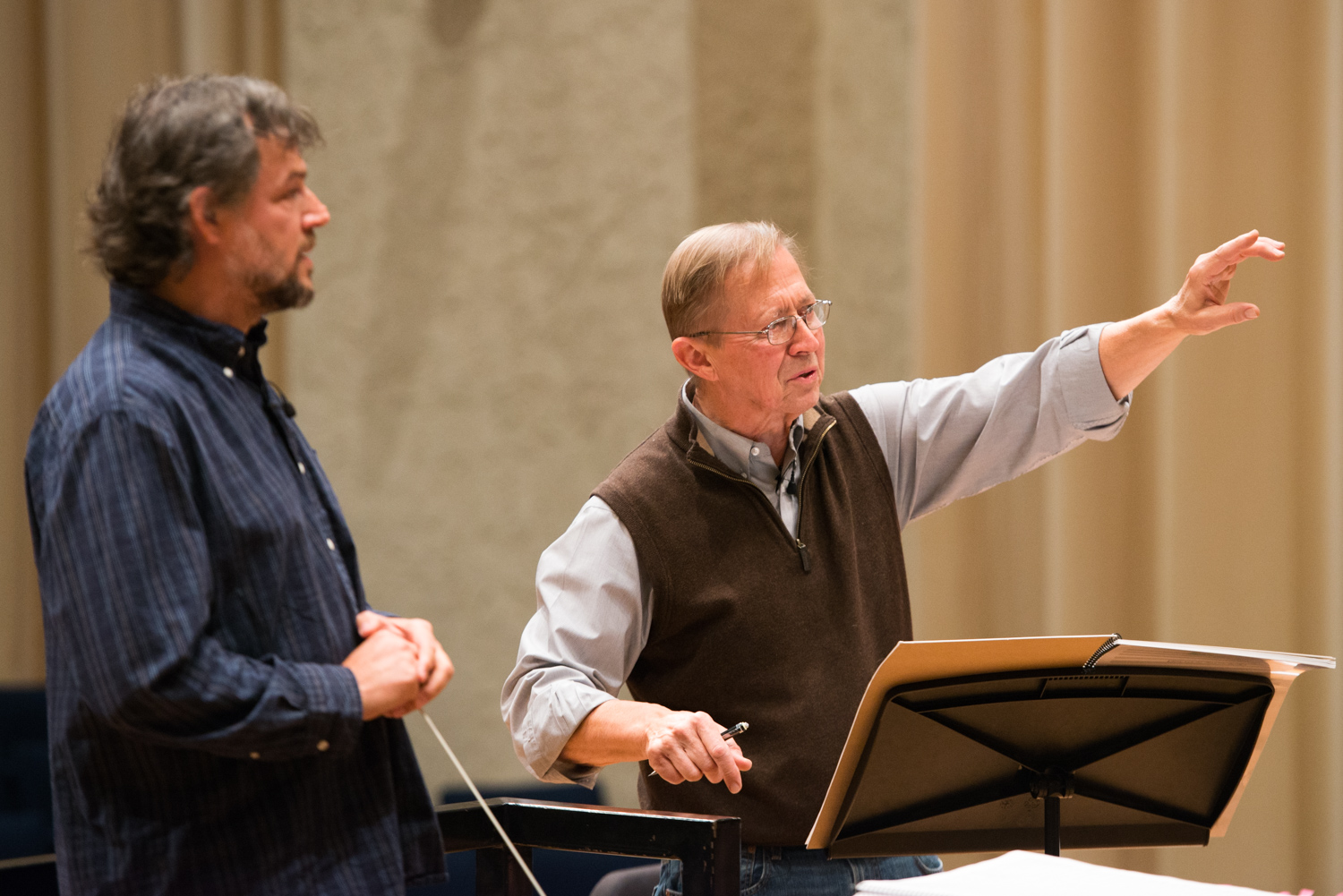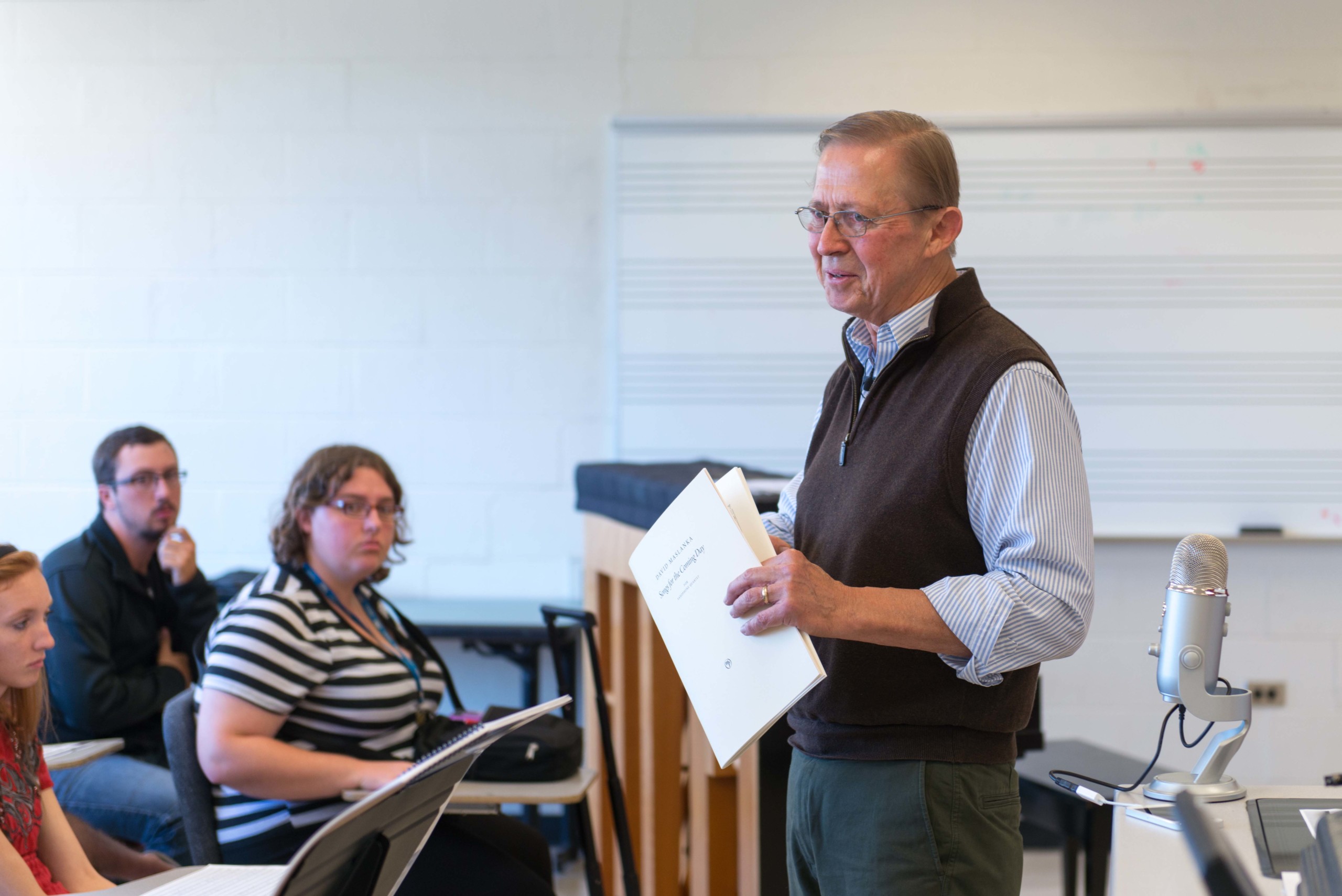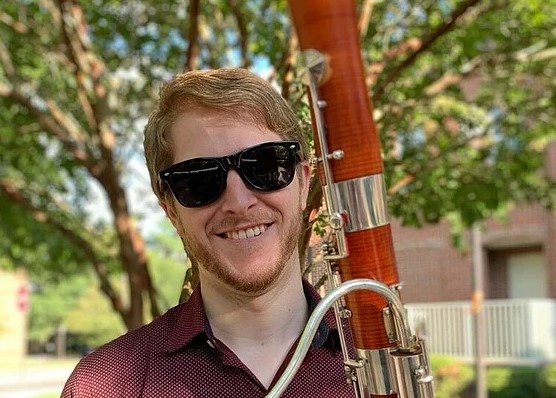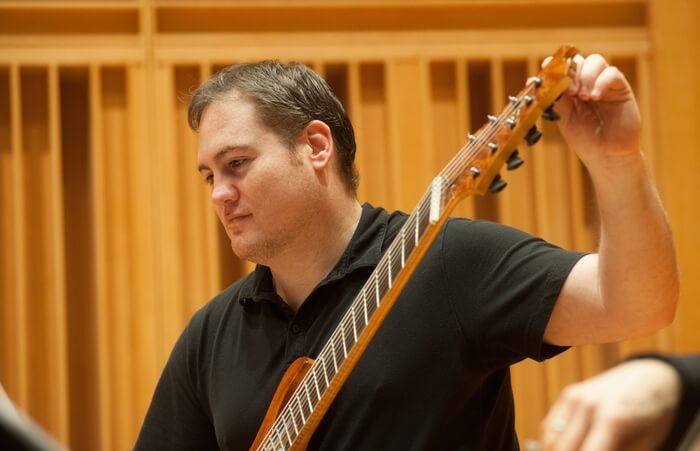I want to talk a bit about the composing process and its relationship to community. I have recently been reading Gerard Manley Hopkins, the great nineteenth-century English poet. Hopkins speaks of the “particularity” of each object and experience. That is, each thing and each experience is unique. Even that one rose, that blade of grass, that person, that piece of music, is never the same from one experience of it to the next. We have a pale reflection of this idea in the popular saying “take time to smell the flowers” – in other words, get off your single-minded track and notice the world around you. Hopkins would have you not only smell the flowers, but stare at each one individually until it opens its secret world to you. Flowers, and indeed every other object, are doors to the world of spirit.
Consider that the only thing you truly have in life is the quality of your moment, the moment we call “now.” It is your connection to the eternal. The quality of a color stands apart from time. Consider “redness” – is “red” long or short? The quality of a musical tone stands apart from time. Any thing eventually changes, falls apart, becomes something else. What remains to you of it is its quality, its particularity, that is, the impression it makes on your soul.
Music makes a lasting impression on the soul. What is the nature of that impression? I will try to answer that in brief by saying that the root of music is vibration. The vibrations of music are creative; they give an awareness of how universal forces relate to one another: these relationships can be expressed as musical forms. Perception of musical forms (which you do unconsciously whether you “know” anything about music or not) opens an awareness in each individual, allowing a sense of the universal, a sense of love and of being loved. Musical vibrations are an impetus to forming one’s own life (whether in music or not) in harmony with universal principals.
Back to the idea of the particularity of each moment: my composing is particular. I am not writing a masterpiece for the future, I am writing a piece for here, for now, for particular players, out of the shining energy of this time. When the moment is attended to so carefully – is stared at, if you will – then great creative energy is released, and you as an audience share in this. Indeed you complete the circle that makes the moment possible.
My music is of this time but it has direct connections to the Baroque and earlier times. Out of the Baroque comes the idea of the “affections” or attitudes expressed by the music. Once a basic affect or attitude is established in a piece of Baroque music, that attitude is maintained and works itself out over the course of the piece. One result of that is continuity, and through that, a sense of being moved through a musical space from start to finish. Continuity is one of the vehicles of meaning. The result of continuity is trust. The result of trust is that your heart is opened and you truly hear the music.
I will talk briefly about what “hearing” really means. The composer starts with nothing, and literally tries to hear into emptiness. There is a quote that I like from a Chinese poet. It is: “We poets knock on silence for an answering music.” Sometimes we yell at silence, sometimes we bang on the piano; I get sullen and easily annoyed. But the composer insists on hearing something, and up out of the deep well of silence comes the energy that becomes music. The composer hears a fundamental vibration of time and place – which is quite different that ordinary everyday hearing of sounds. This is listening inward.
You come here as a community to sit quietly and listen to music. There are many individuals here – tremendous diversity – but at the moment this diversity is harmonized by the common experience of listening to music. On the surface of it each of you is hearing attractive sounds; you stimulated and entertained, and maybe you will go home satisfied. On a deeper level we now use the music to “knock on silence.” Music is now the invocation. If you are open at this level, music induces a meditative state; it touches your individual creative depth, where you and the musical vibrations are one. You are attuned – made one – with the musical vibration pattern. Your own creative impulses are formed and nurtured by this experience. Your heart is opened to draw on deeper power. You are energized for creation in your own sphere of activity.
Parallel to personal response is community response: you meet here as community, agreeing on the terms of the meeting. You will sit attentively in the dark and listen; the performers in the light on the stage will create vibrations in the air. You are individuals, but you come together as a group to be something larger. The individuals in the light on the stage become a unified performing ensemble, and create a unified musical experience. The hundreds of you in the dark contribute as individuals to form an audience. The two units together – light and dark – form the creative complement. The musicians produce the dream; you, and they, are the dreamers. Out of this comes the power to act and create as a community.
The summary of these few thoughts is very brief: hearing at its deepest level implies creative response.



